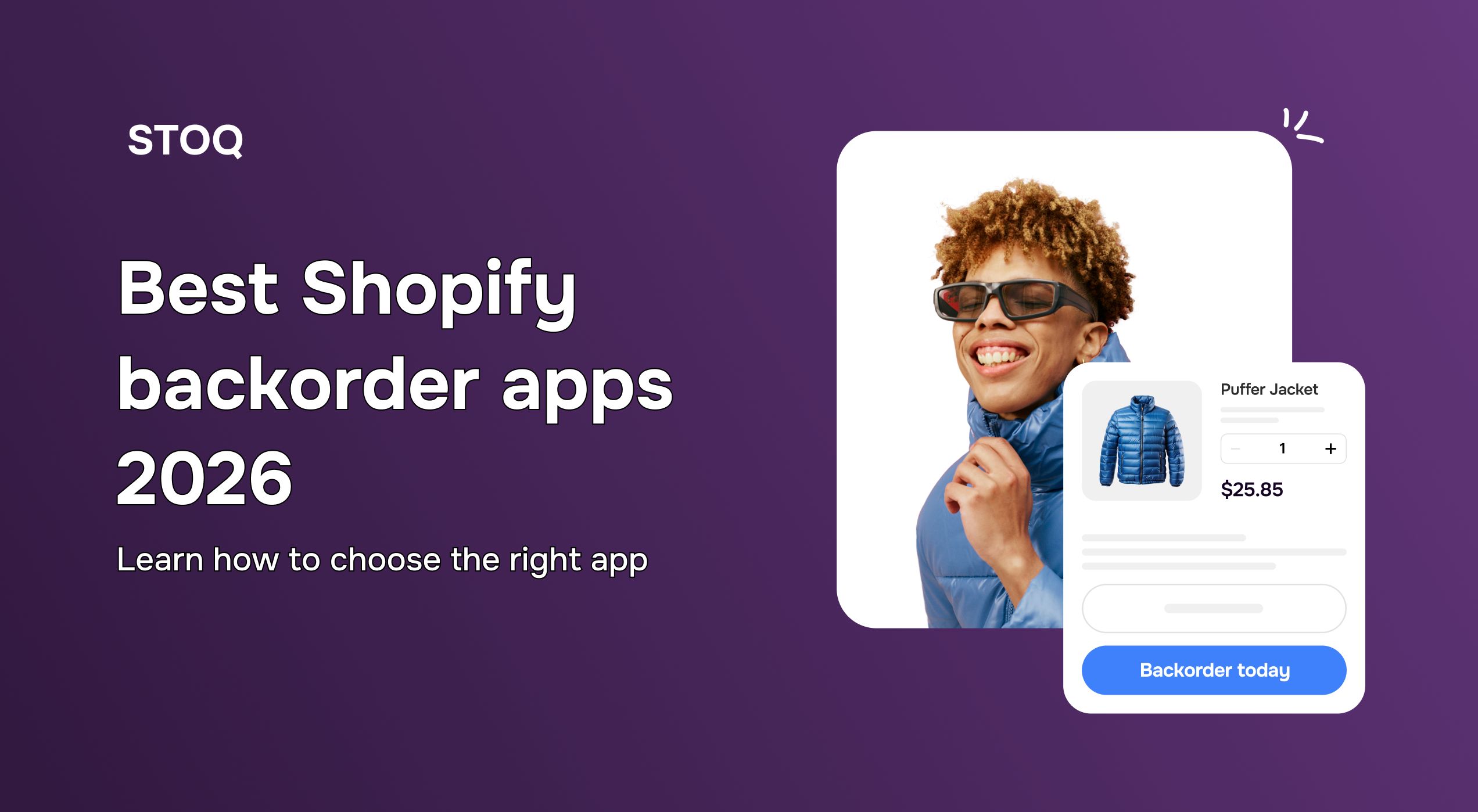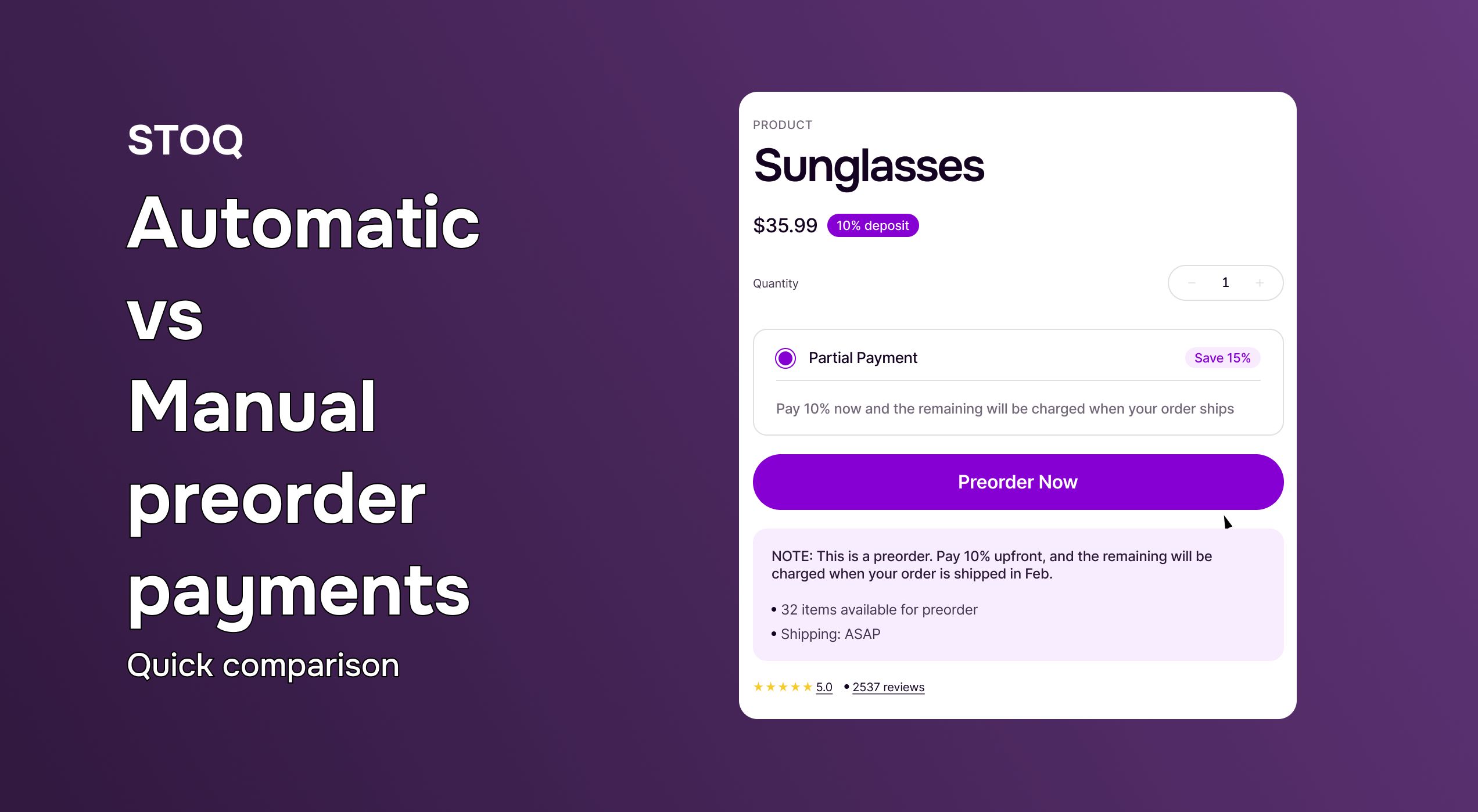19 Top strategies to boost your Shopify average order value (2026)
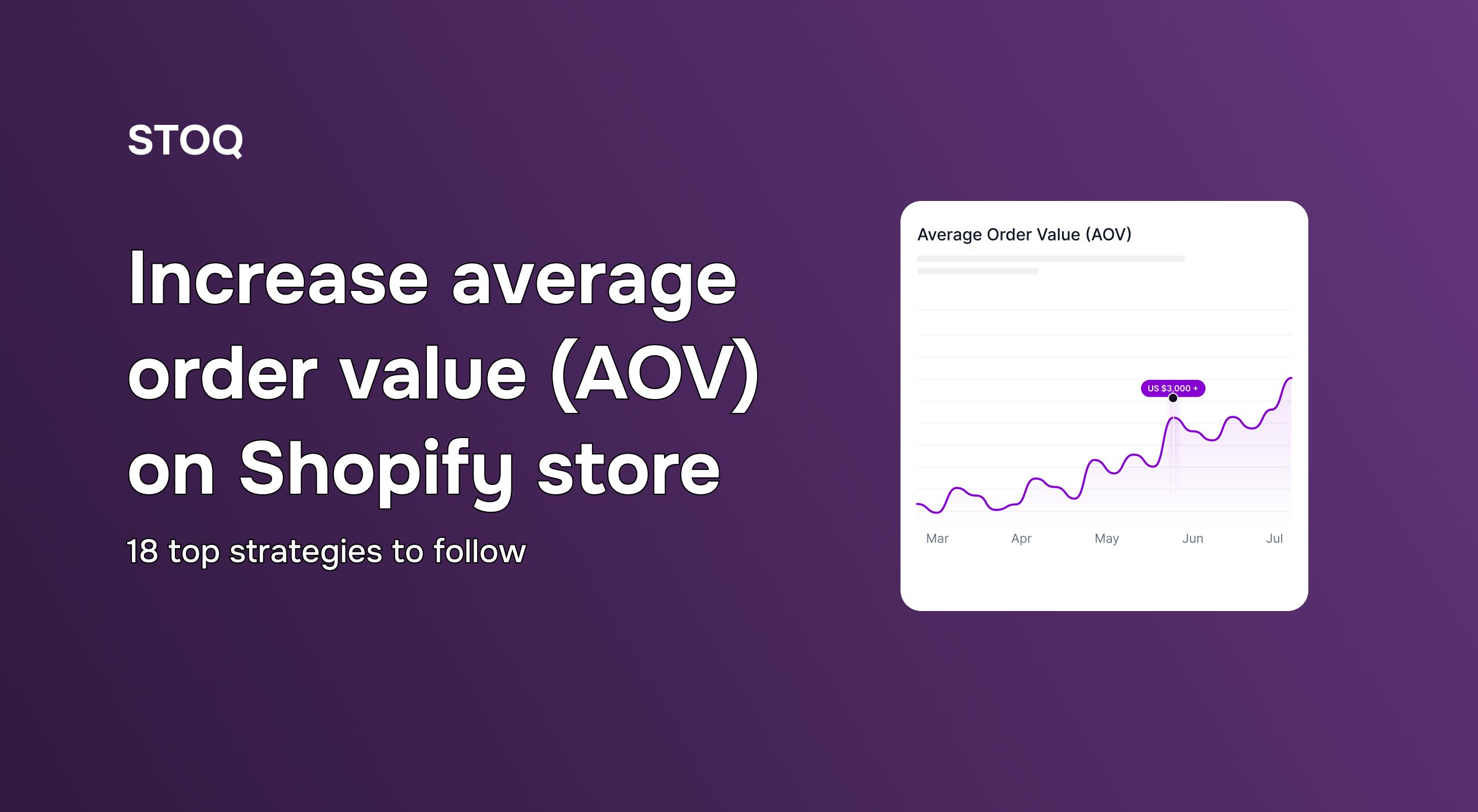
With the increasing competition across industries, online businesses are often struggling with high customer acquisition costs. So imagine spending $50 on acquiring a customer who only makes a purchase worth $10 - even if you add hundreds of them, you’re still behind on the ROI. That's why it’s important to focus on your Shopify average order value.
In this article, we’re going to share top strategies to increase your average order value.
How to increase your Shopify average order value
Here are all the tactics that leading Shopify stores are using to boost their average order value:
1. Use Shopify preorders
Enable Shopify preorders for upcoming, soon-to-be-launched products to secure early sales and boost your average order value. This allows consumers to preorder upcoming items, which often leads to them adding more items to the cart to secure their order.
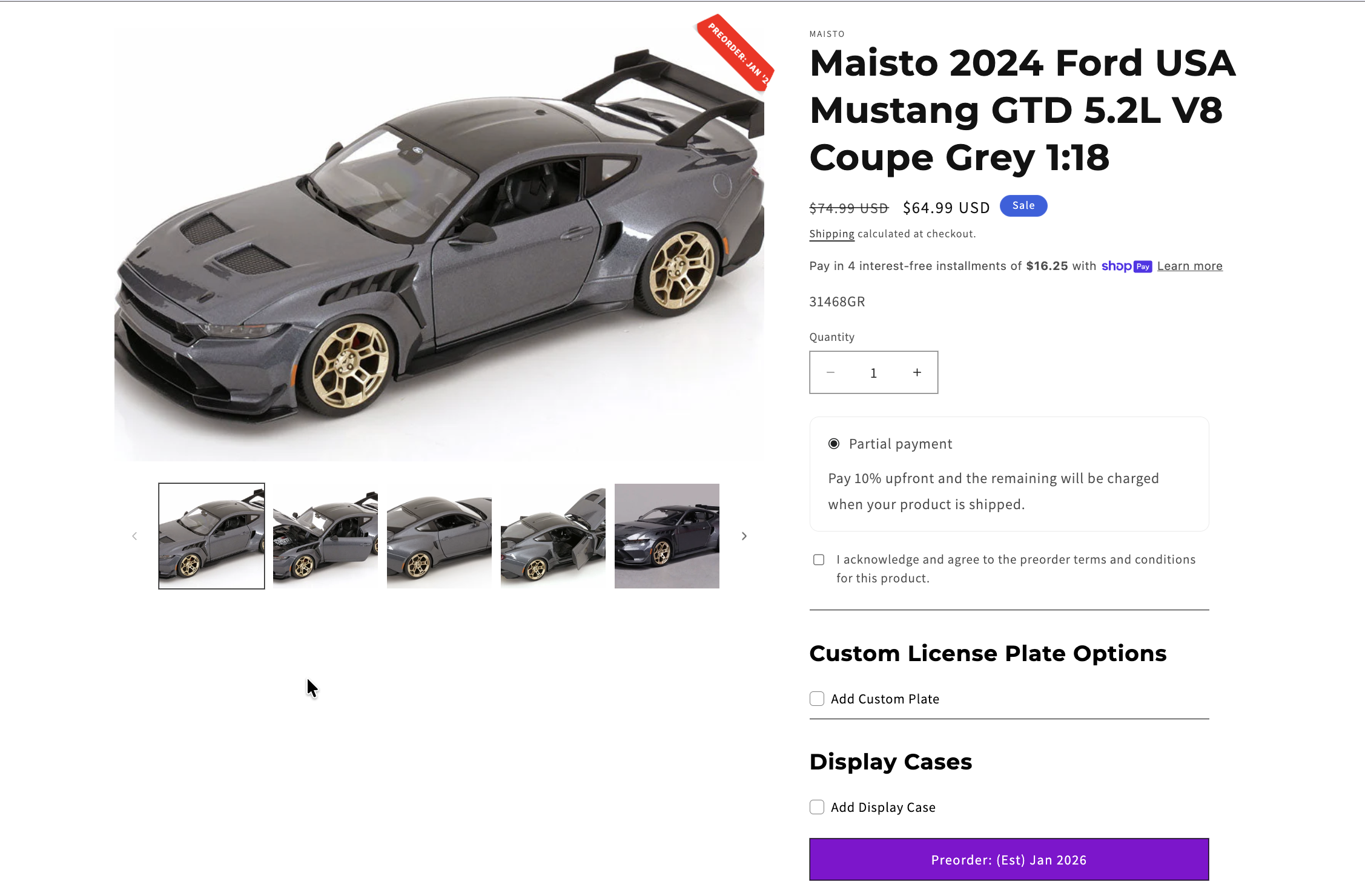
Also read: Best preorder apps for your Shopify store
2. Set up restock alerts
Similarly, set up automated restock notifications for high-demand or out-of-stock products to keep customers engaged and drive additional cart value. This helps keep consumers engaged, increasing their likelihood of coming back to your online store and browsing through other products available on the website.
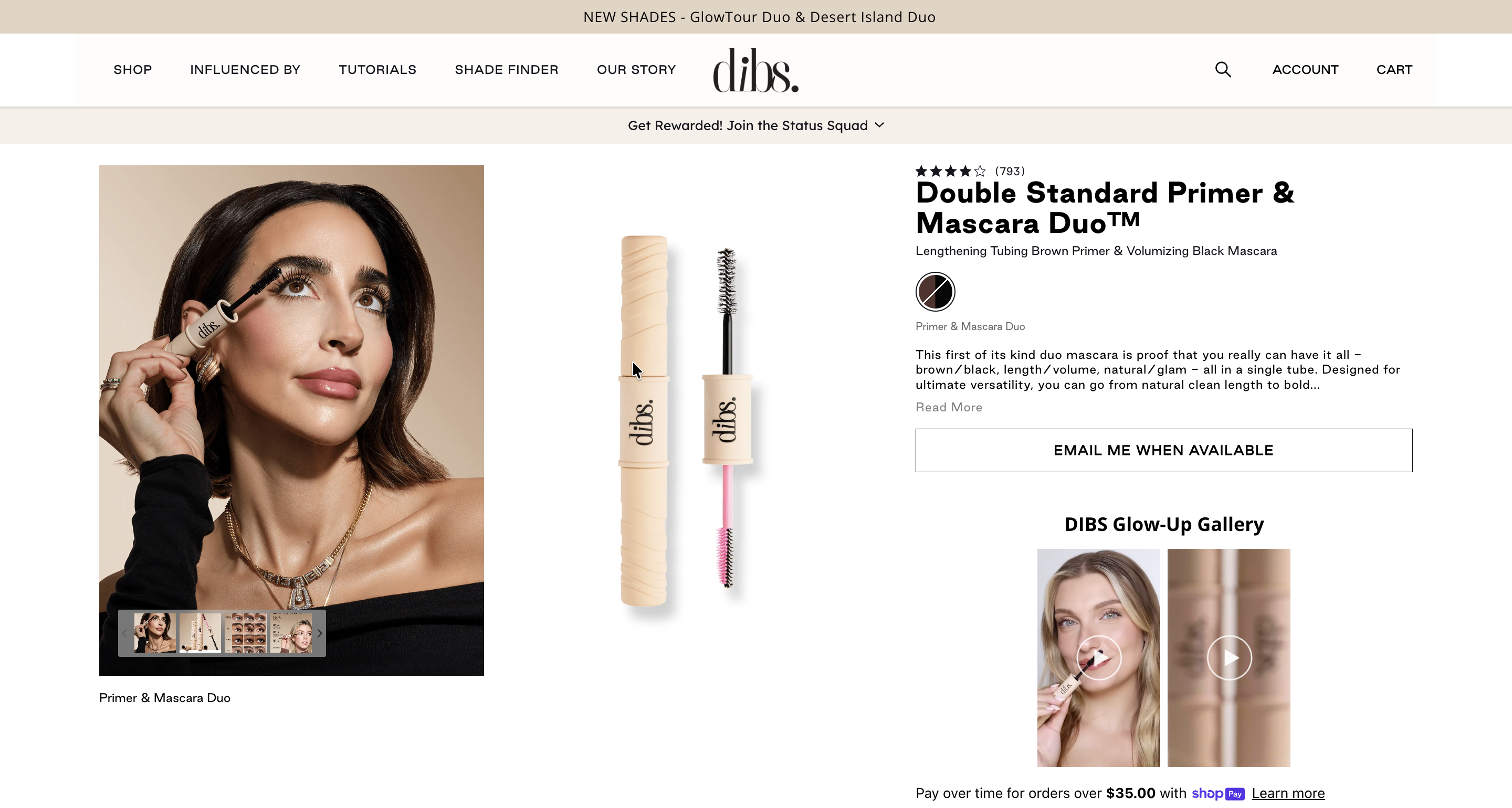
Also read: What is the Ideal Shopify restock alert frequency to increase conversions and sale
3. Launch loyalty programs and rewards
Set up a loyalty program that rewards repeat purchases. This could include points, exclusive access, milestone gifts or perks like free shipping, early product releases, VIP discounts and more to incentivize higher spending. The program can help boost customer retention and encourage bigger purchases without relying on discounts alone.
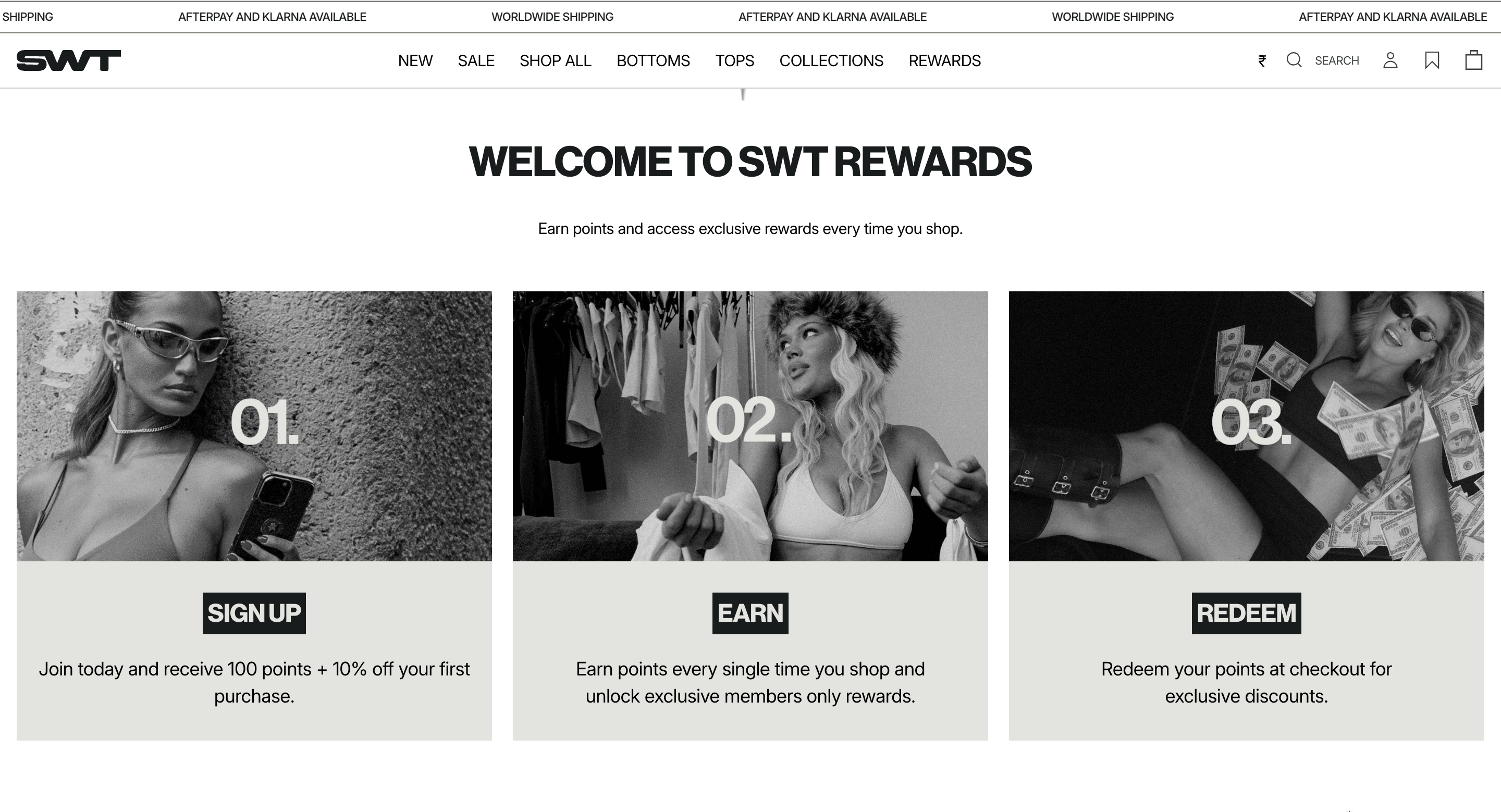
4. Offer product bundles
Create Shopify product bundles or package deals to combine complementary items at a discounted price. Bundling makes it easier for customers to visualize how products go together, encouraging them to buy more in one go. For example, themed or seasonal bundles.

5. Run limited-time deals and contests
Create urgency with flash sales, exclusive bundles and contests to reward higher spends on your Shopify store. These are time-tested strategies to increase your average order value - even during slower sales periods.
6. Upsell and cross-sell with product recommendations
Use automated upselling to introduce shoppers to premium or upgraded versions of the products they like. You can also cross-sell by recommending related or complementary products using ‘complete the look’ or ‘frequently bought together’ recommendations on product pages, in the cart and at checkout.

7. Introduce tiered pricing
Offer discounts or perks at different spending thresholds - for example, ‘spend $500 to get 5% off; spend $1000 to get 10% off. This motivates online shoppers to explore more products and increase their cart value to unlock better deals/ discounts.
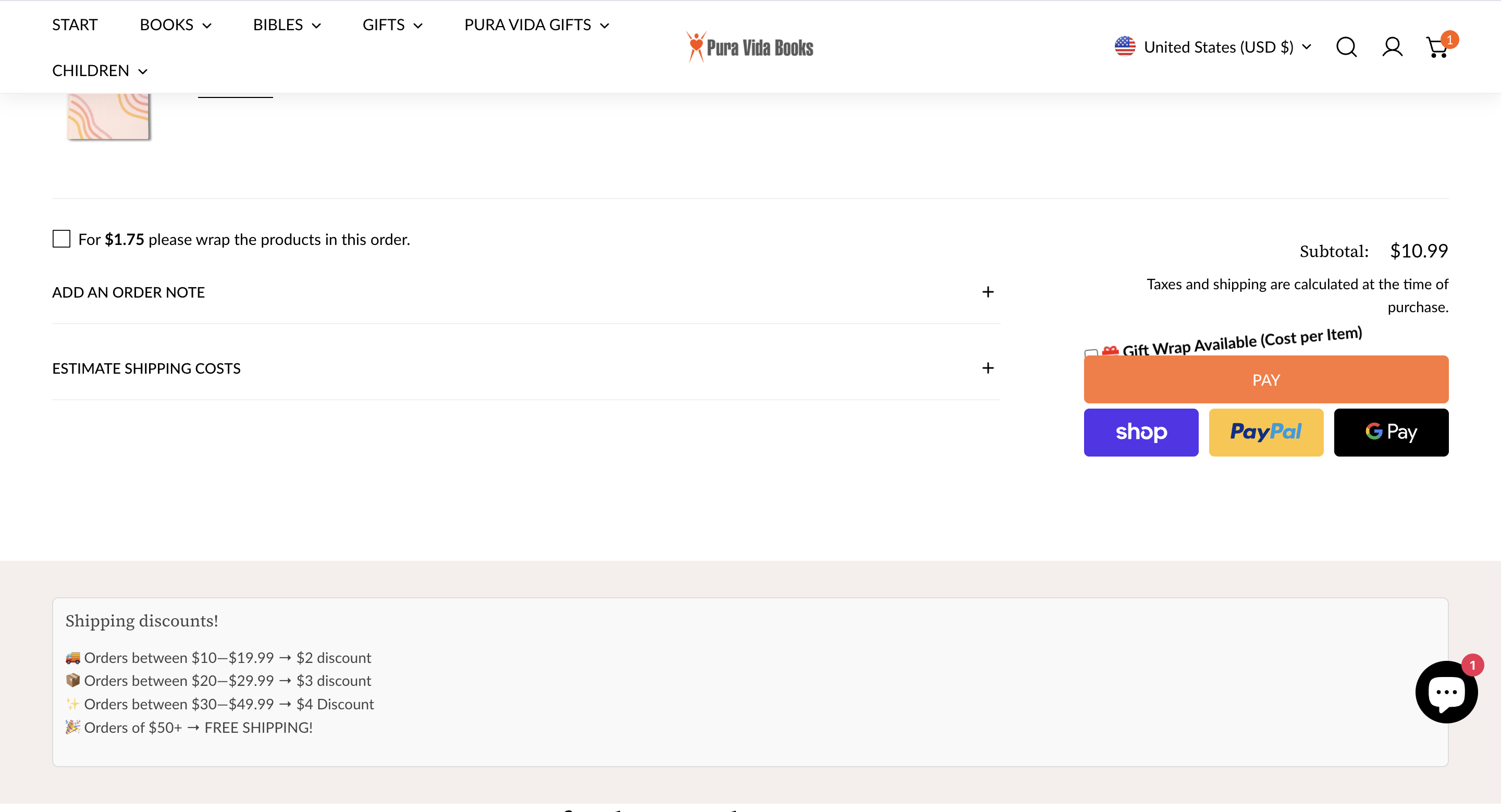
8. Free shipping thresholds
Another strategy that works to increase the average order value is offering free shipping. Offering free shipping for orders above a certain value - preferably 20-30% above your current Shopify AOV - can motivate shoppers to add more items to qualify for the benefit.
9. Offer smart cart page discounts
Use cart-level incentives like ‘buy one, get one free’ (BOGO), ‘add one more item to get free gift’ and similar offers to nudge shoppers towards higher-value purchases. This nudges them to explore more products before checkout.
10. Set up Buy Now, Pay Later (BNPL)
Allow customers to split their payments into installments. This encourages them to purchase higher-ticket items or add more items to the cart as they don’t have to make an upfront payment. BNPL users typically spend more per transaction.
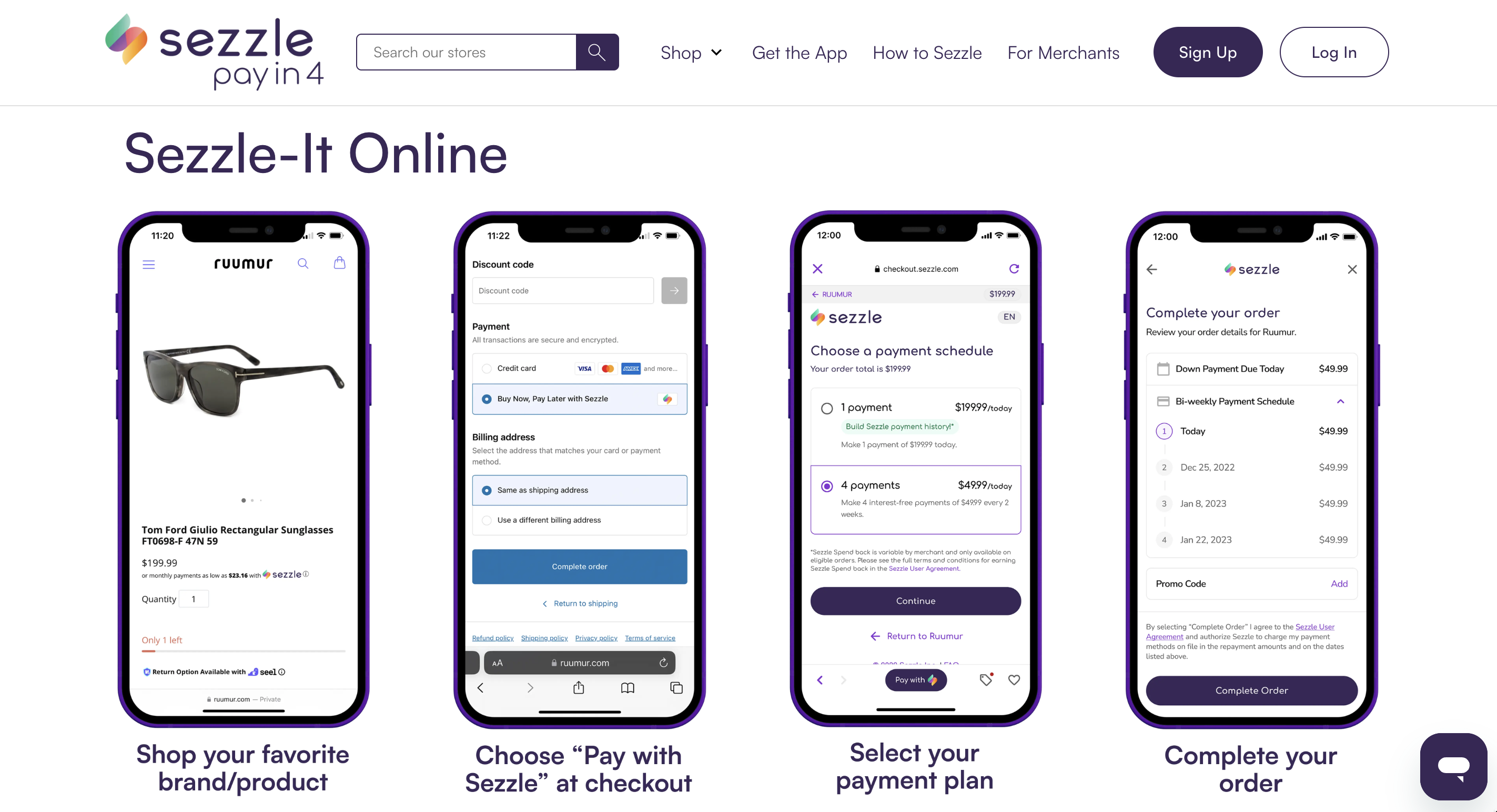
Also read: How to offer buy now, pay later on Shopify
11. Highlight bulk order savings
Show consumers how much they can save when buying in larger quantities or bundles. You can set up visual cues like progress bars or savings pop-ups that nudge customers to increase their cart size.
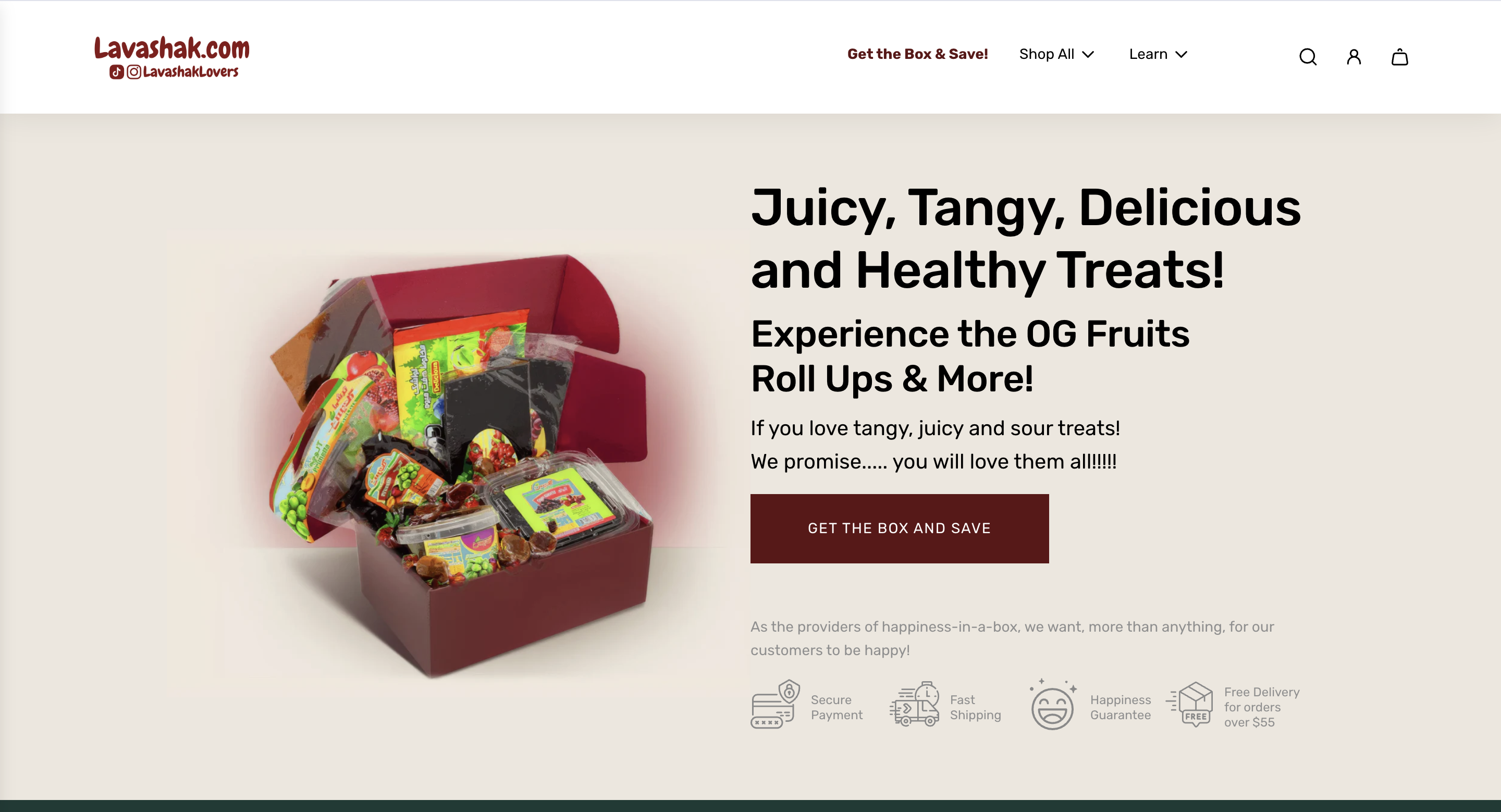
12. Leverage down-sells
Present low-cost add-ons such as accessories or samples at checkout to appeal to consumers who might decline upsells. Low-cost add-ons help capture incremental value without overwhelming the consumer, increasing your average order value.
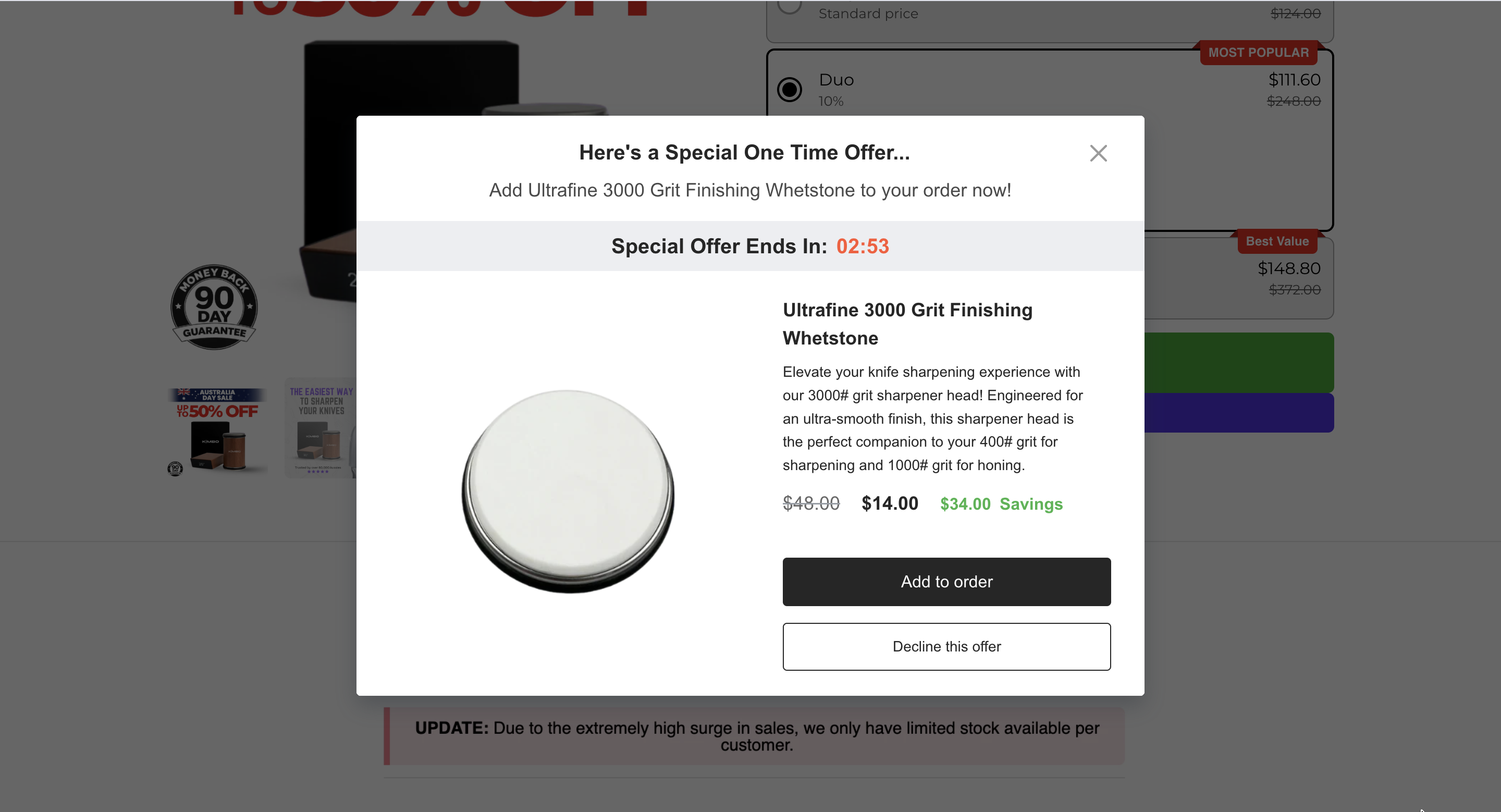
13. Optimize checkout experience
Streamline the checkout process to reduce friction and cart abandonment. Set up things like auto-fill features, multiple payment options and a distraction-free checkout page. The sooner a consumer can go from finding a product they like to making a purchase or discovering more items to add to cart, the higher is your AOV and conversion rate.
14. Introduce gift cards
Several studies have found that customers spend more than the card value when redeeming it. Selling Shopify gift cards to encourage future purchases can naturally increase the average order value while also locking in customer loyalty.
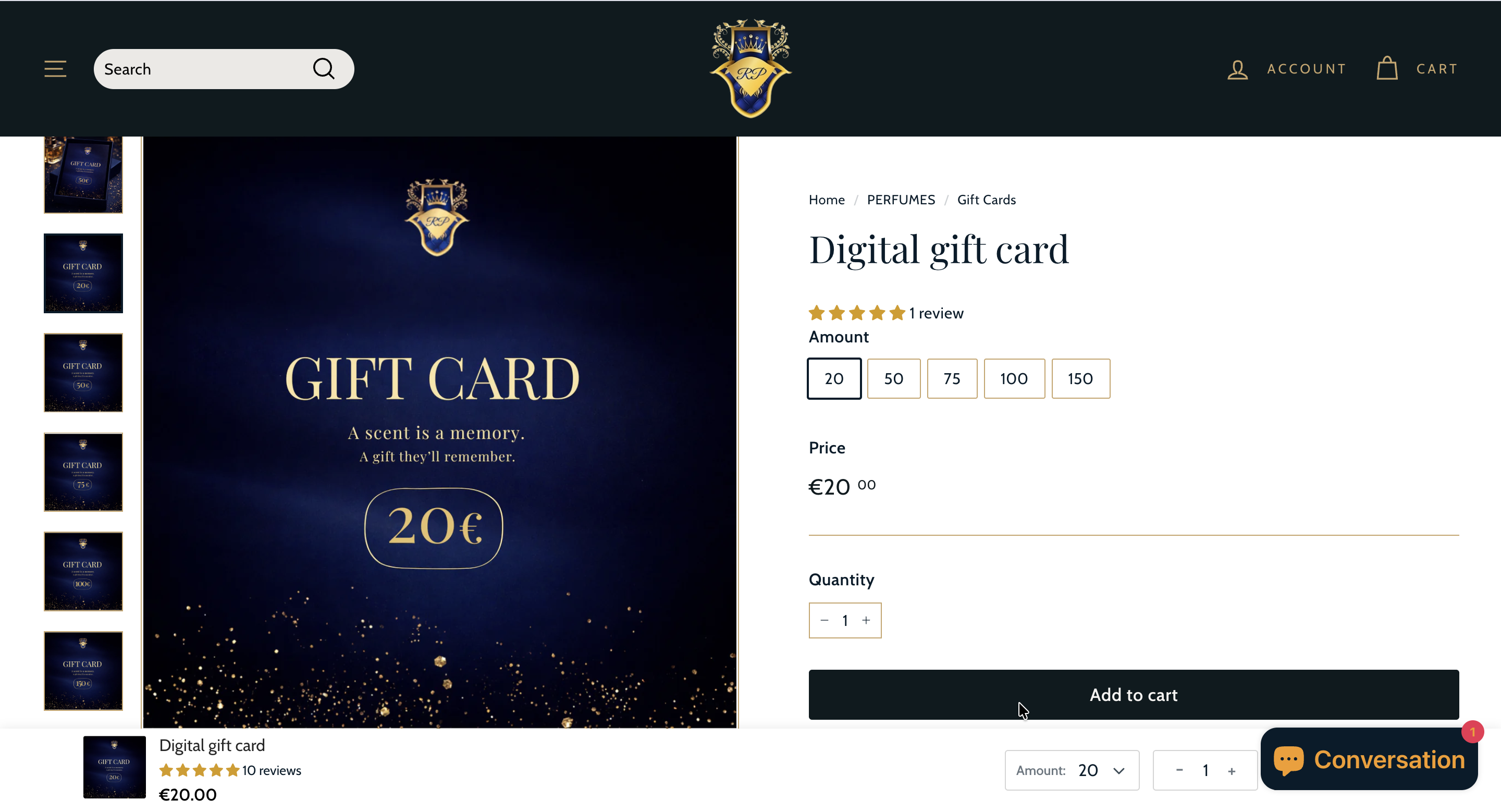
15. Create a subscription model
If you sell products that are replenishable (like skincare, supplements, pet supplies, etc), offer subscriptions. Subscriptions often have higher AOVs because customers buy in larger quantities, commit to recurring orders and create a sense of being able to ‘save’ on the purchase.
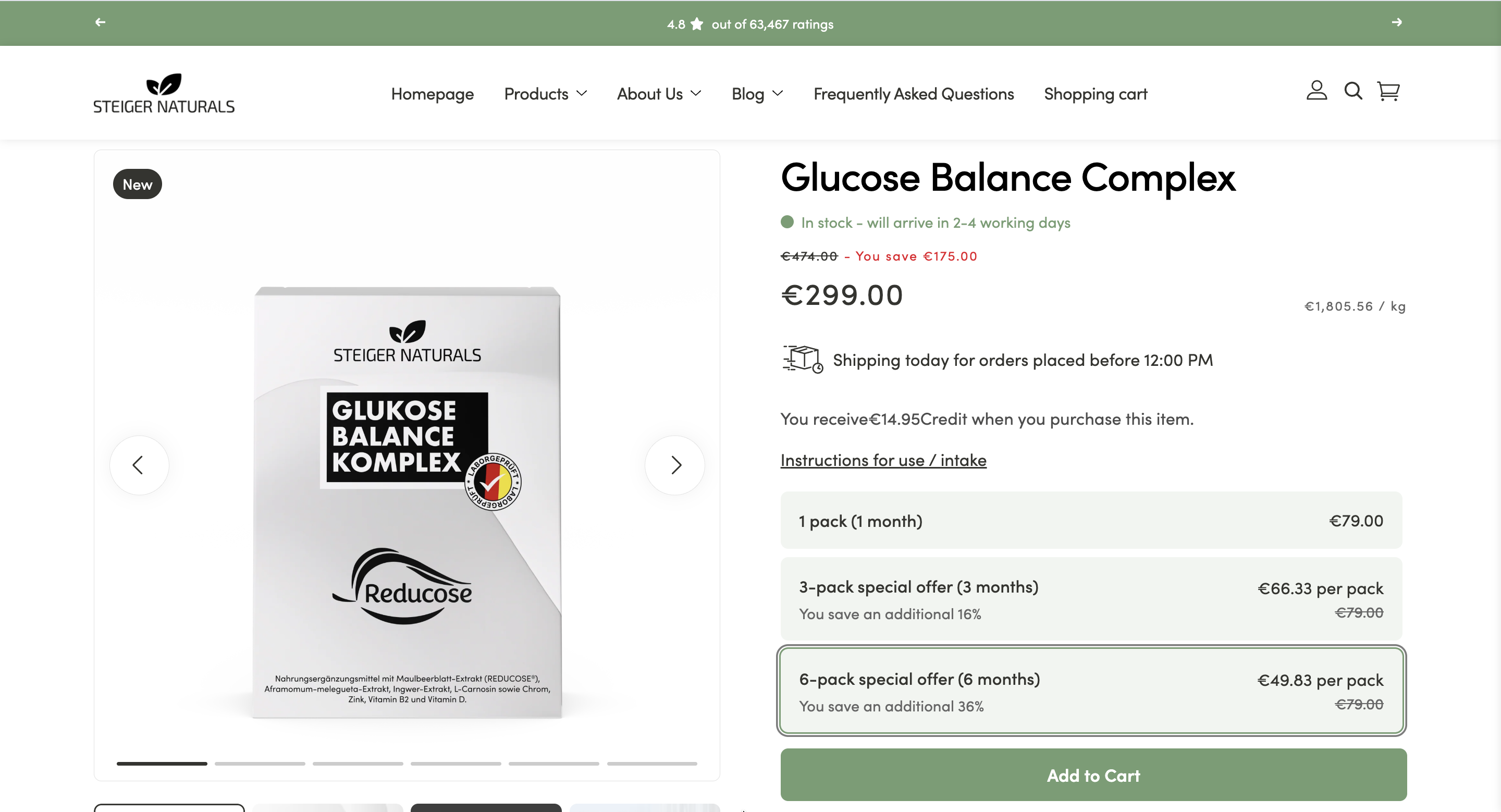
16. Gamify the shopping experience
Use gamified conversion strategies like ‘spin the wheel’ for discounts based on cart size. You can also offer to unlock mystery gifts for orders above a certain value or hidden rewards. This makes shopping more fun and boosts the overall spend on the store.
17. Implement exit-intent offers
Before a shopper leaves, trigger a personalized pop-up offering an incentive when they add more items to the cart. For example, ‘get 10% off if you complete the order with 2 more items’. This creates a sense of win-win for the consumer.
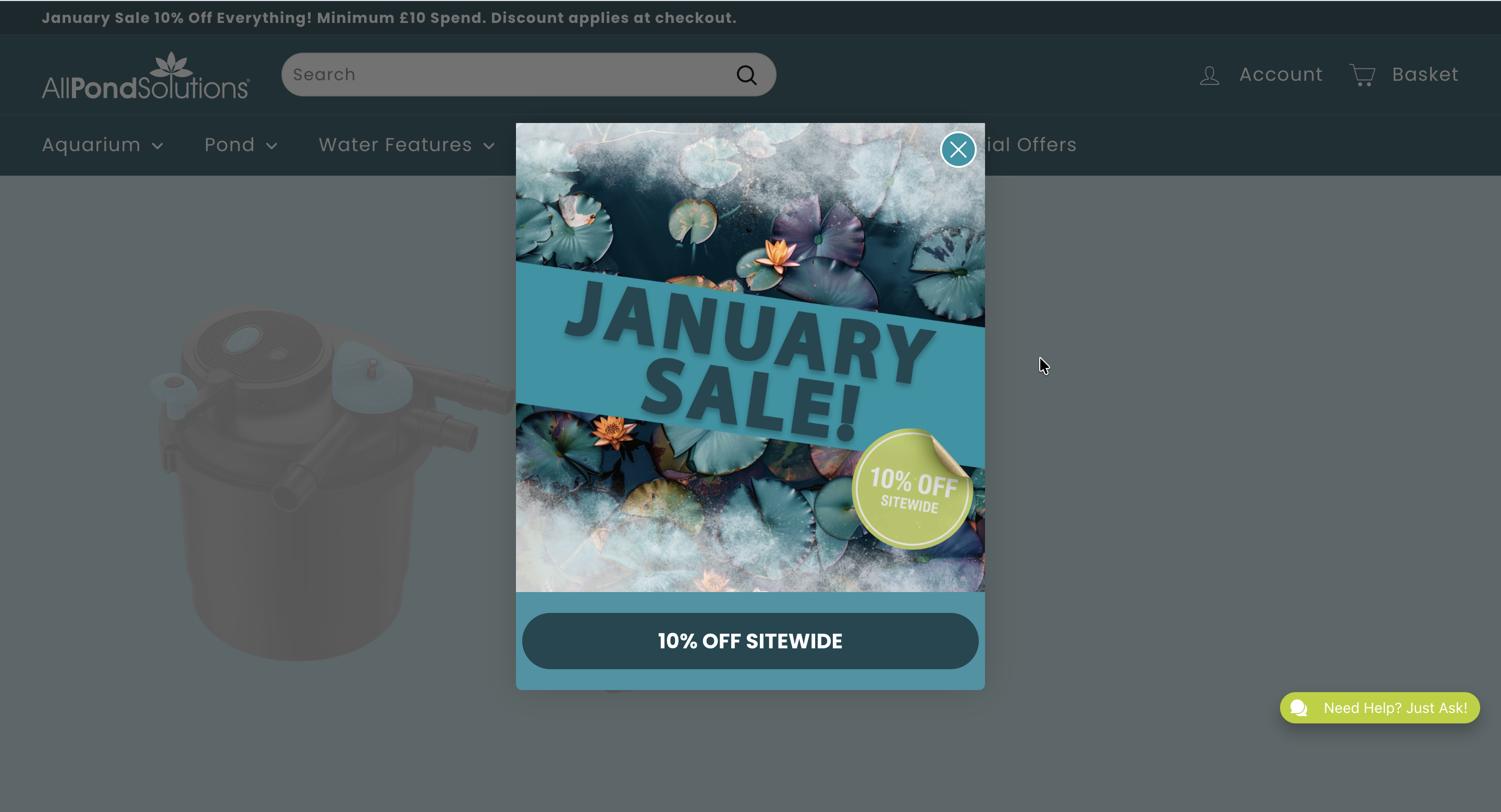
18. Bundle services with products
If applicable, offer services alongside the products you sell. This can include services like extended warranties, gift wrapping or personalized notes for an additional cost. While these are small service add-ons, they drive up the cart value without overwhelming the consumer or adding to fulfillment complexity.
19. Preorder Campaign Metrics
Monitor preorder campaign metrics to optimise marketing spend and ensure strong ROI.
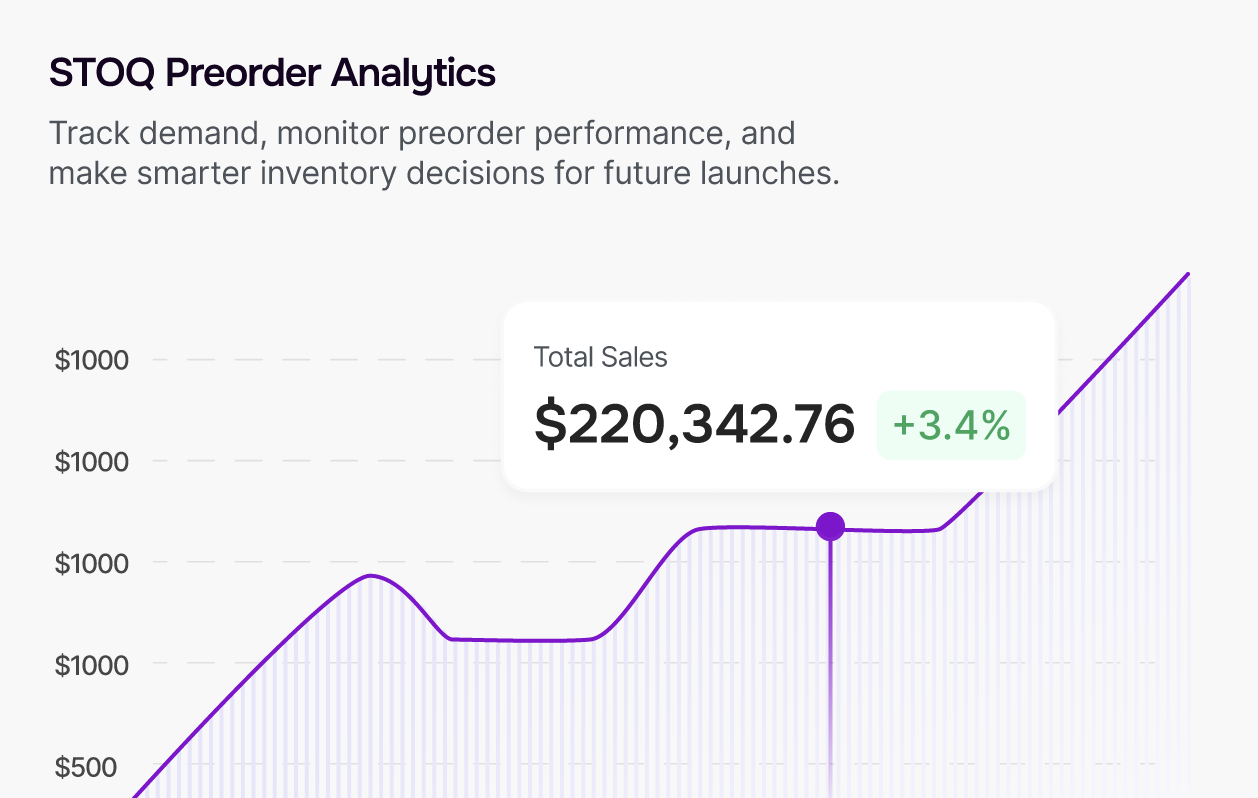
Conclusion
There are several ways to use consumer insights and behavior to drive higher cart values. But we recommend experimenting with not more than two to three campaigns at a time - and automating as much as you can. The very first opportunity you can tap into is setting up pre-orders and automated restock notifications to turn demand into sales.
Frequently asked questions
What is AOV in Shopify?
Average order value is a metric that measures the average amount spent by consumers per transaction. It is calculated by dividing the total revenue by the number of orders received on the store.
How to increase AOV in Shopify?
You can increase the AOV on your Shopify store using automated pre-order campaigns, product bundles, personalized product recommendations, bulk or tiered discounts, and similar tactics. The idea is to use their interest data and behavior to encourage them to add more items to the cart.

